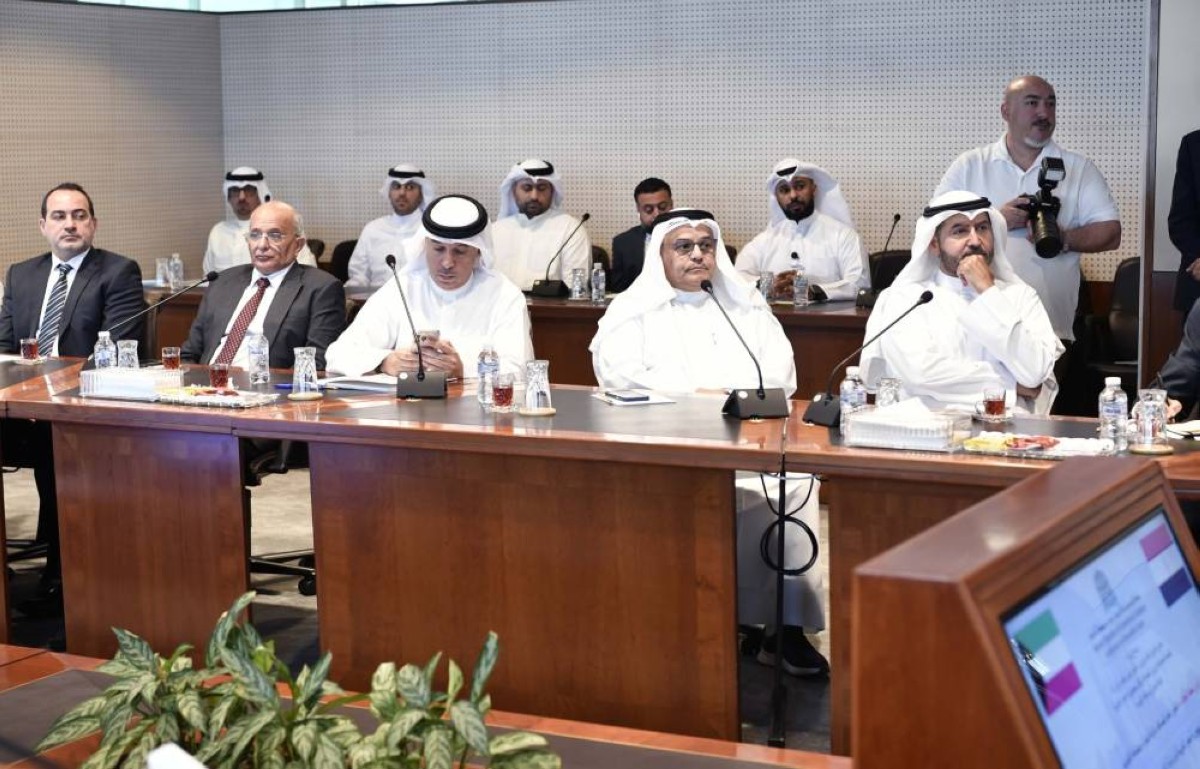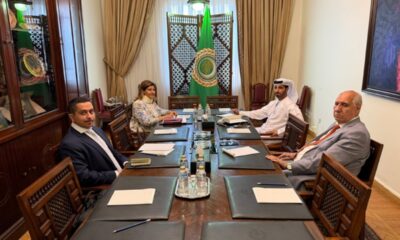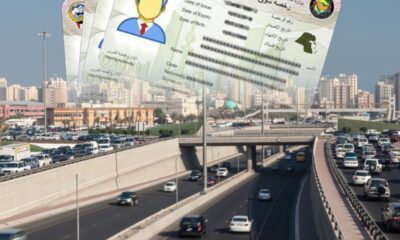KUWAIT: Kuwait’s Minister of Higher Education and Scientific Research Dr Nader Al-Jallal met Thursday with students with disabilities to hear their concerns and explore ways to improve support across university campuses, reaffirming the ministry’s commitment to inclusion and equal opportunity in higher education. “This meeting reflects the ministry’s interest in direct engagement with students with disabilities to better understand the challenges they face,” Al-Jallal said in a statement following the meeting, which also included Suad Al-Fares, President of the Kuwait Association for the Follow-up of Issues Related to the Disabled.
Al-Jallal emphasized the need for full integration of students with disabilities into the academic environment, calling it essential to advancing “justice, equal opportunity, and a culture of participation and social inclusion among all students.” While the meeting focused on immediate needs and ways to enhance services, it also comes against the backdrop of persistent accessibility gaps in public institutions. One widely reported example is the shortage of sign language interpreters, which has long impacted deaf students’ ability to follow lectures, communicate with faculty, and fully engage in academic life. Media reports and disability rights advocates have repeatedly called attention to these barriers and urged more robust, long-term solutions.
Kuwait University, through its Disabilities Department, has taken steps to address some of these challenges by employing sign language interpreters, publishing awareness videos in sign language, and offering periodic training for faculty and students. In 2022, a committee was formed to explore integrating sign language into the curriculum, though no public updates have been issued since.
During the meeting, Dean of Student Affairs at Kuwait University Dr Jassim Alhamdan reported that the university currently serves around 344 students with disabilities. He noted that the Disabilities Division provides tailored support based on individual needs and acts as a bridge between students and academic departments. Al-Fares described the session as “a proactive step toward resolving major issues,” and stressed the importance of continued coordination between the ministry, her association and academic institutions to build a more inclusive higher education system.
The meeting also follows a separate effort by Minister of Social Affairs, Family and Childhood Affairs Dr Amthal Al-Huwailah, who earlier this month met with United Nations officials and academic leaders to discuss national strategies for improving quality of life and access for persons with disabilities.
At Thursday’s meeting, students with disabilities shared feedback on their experiences and proposed solutions to improve academic, administrative and social support. Al-Jallal directed university departments to prepare periodic reports identifying logistical and human resource challenges, and to develop appropriate responses that ensure sustainable support for students with disabilities. — Agencies


















